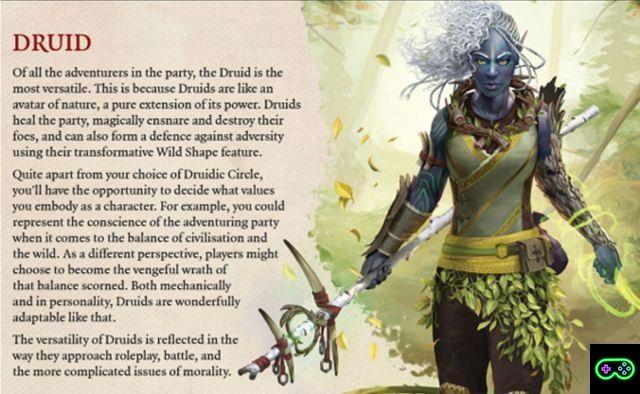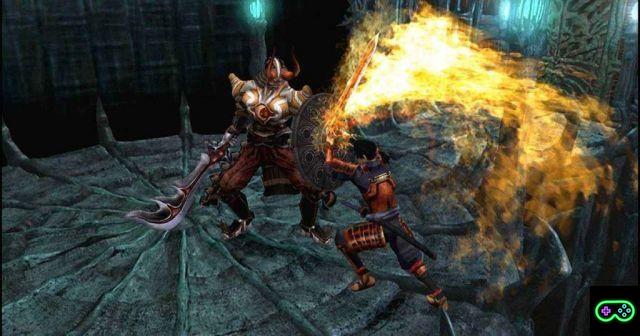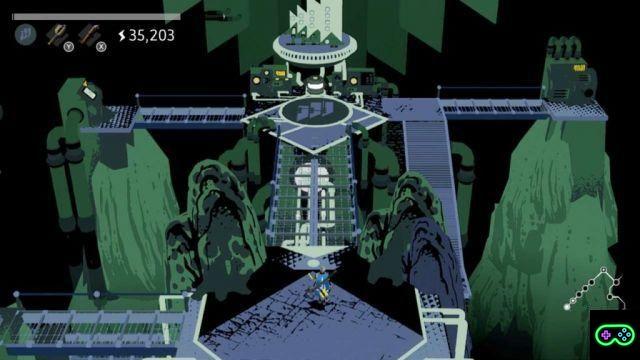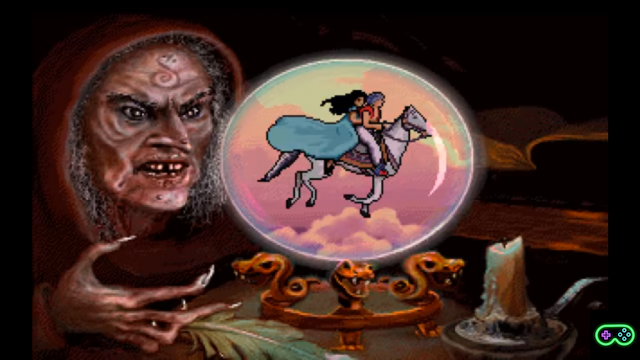A habit that has been gaining ground in recent years sees a large group of players claiming to know the correct way to play, pointing to those who do not follow that methodology as casual or even incompetent, not worthy to touch a joypad. On Twitch, this trend is defined backseating, that is, to feel entitled to criticize, even with harsh tones, who is live, trying to force him to play in a certain way, considered the most correct.
I don't want to talk about this phenomenon, however. In fact, if on Twitch I can still justify such attitudes (don't get me wrong, it's very annoying and you don't have to do it), because the viewer is still contributing to the success of the live, he has decided to spend his time in the virtual company of a content creator rather than another and, in some cases, he is also making donations, therefore he can, without exaggerating, without being annoying, have to say about the show in progress.
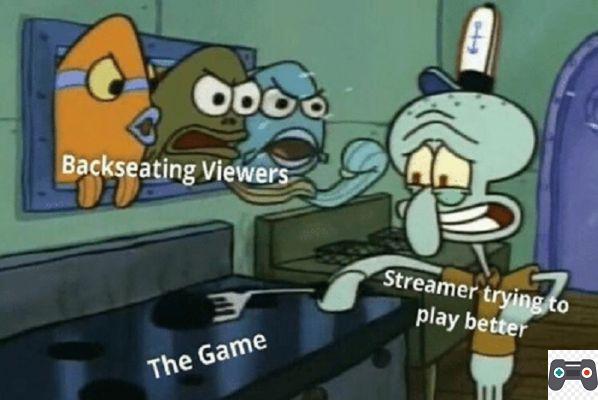
Those against whom I want to "lash out" are the players who annoy other players, guilty only of having played a title as they considered best, with their times, their skills, their approach. If in the multiplayer it is sacrosanct that everyone undertakes to follow the established rules, because online is an experience shared with others simultaneously, in the single player it is inadmissible for someone else to come and tell you what to do and how.
Often and willingly, toxic players disturb those who would like to have fun in peace on three points: platinate / mill games, selected difficulty andapproach to gameplay.
In the first case, there is a tendency to point to those who do not platinum games as indifferent, like a Sunday player who goes from one game to another without enjoying them because "if you don't platinum the game, you have not really seen everything". These individuals however forget that not everyone has either the time or just the desire to go trophy hunting which ask the player to finish the title in a certain number of hours, to finish it on Nightmare difficulty or to find collectibles that are of no use. But even if they were trophies / objectives with a logic, is it really so essential to get them all to define yourself as a serious gamer?
The experience of a single player video game is personal, almost intimate, because every single person undertakes a different trip. If a title gives particular sensations to a user for 40 hours straight, it does not necessarily have to happen with the others. That type of experience could offer the same sensations to a player who, however, has decided to live it for "only" 20 hours. Is going straight to the credits by completing a few side tasks the wrong way to enjoy a video game? Who said that? If the story is able to unleash the best in a single run while allowing few distractions from the main street, it is the individual player who decides it, because everyone plays for himself.
Let's be clear, I personally have high esteem for those who have 100 platinums because it means having a great dedication, but it is ridiculous that those who do not have the habit of platinizing, due to an induced inferiority complex, should feel at fault. Let's stop judging players by the number of trophies they have, this one people rating system, which has had its boom with social media like Instagram, is abominable.
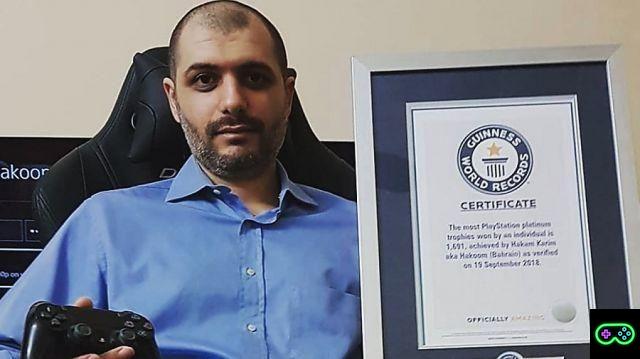
With regard to the difficulties with which a player decides to complete a video game, right from the start or by changing it in the course of work, the discourse has begun to take hold with the advent of titles of the "souls" genre in which the difficulty cannot be chosen . Great internal struggle between those who say that it is not democratic and "inclusive" to prevent a fringe of players from using a product due to its excessive difficulty and those, defined as elitists, who instead claim that certain games should be for few. Points of view in both cases can be shared, unfortunately the question has also expanded on games that allow a wide choice of modes, from very easy to that for masochists.
A really unpleasant and inappropriate habit is to point out as incapable those who decide not to select the highest difficulty immediately. The phrase that is most commonly heard is: "If you don't play it hard, you don't enjoy it." It may also be true if this opinion were expressed in the form of friendly advice, it could also be a good starting point for a discussion. Unfortunately, most of the time it is not advice, but it is an imposition: "If I played it hard, you have to do it too".
It seems to many that something very simple, almost obvious, did not enter their heads: it is NOT a race! We are no longer in the days of arcades, cabinets, gods scoring video games, of the rankings to climb to become the king of the neighborhood, today's videogame experiences are, as I have already expressed previously, personal, subjective. How a single player is approached does not change its quality in the eyes of those who approached it in a different way. If a Bologna one dude finishes a video game in easy mode, to the second dude, who is playing instead SIRACUSA, absolutely nothing changes.
We must make a clarification, the question is different for a reviewer. The reviewer must analyze the playful component also from the point of view of accessibility, therefore he must play at least at a normal level, and then move to the higher levels to point out any changes in the gameplay that theraising the challenge has made. A player who has no editorial or critical duty is not required to do so, he can embark on the journey to look at the landscapes, follow the story, become a master, find every little secret, the important thing is that he feels satisfied in the end.

The last point, that is the approach to the gameplay, is a bit of the sum of the things said so far. In fact, based on the chosen difficulty, the purpose that drives a player to start a title, whether or not he wants to do a completist run, the way in which he interfaces with the game world changes radically. Is there the right one? Absolutely not.
Let's take an example: Hitman must be played by taking a very specific path, there is no doubt. It's stealth to the nth degree, it's the apotheosis of hide, kill and run unseen, complete a mission without alerting any enemy it gives a satisfaction that is difficult to describe, but if it happens to fail, if it happens to finish a mission with dozens of deaths on the conscience and on the final evaluation, should I feel like shit? Sorry for the Frenchism, but when it takes it it takes. The great thing about titles of this type is the ability given to the player to better, therefore you can restart a mission and do better than the time before, otherwise it is not an indelible shame to have a big laugh on your own gullibility and move on. This is up to each of us to decide.
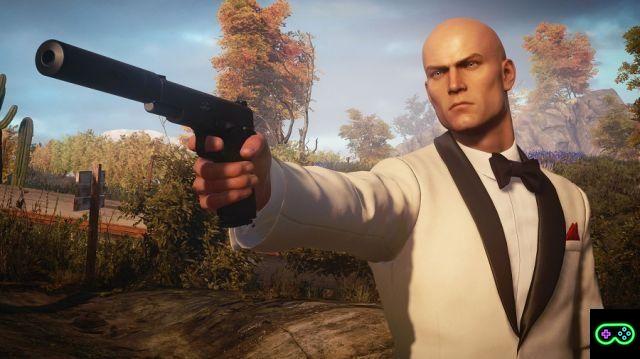
Why should we tell a person that he is a geek if he goes to the movies alone? What right do we have to say that whoever reads a pdf cannot understand the joys of true reading, that of bookstores, of paper? Seriously, do we want to stop telling others how to play? It doesn't make us smarter, just more rompipalle. Excuse the Frenchism again.




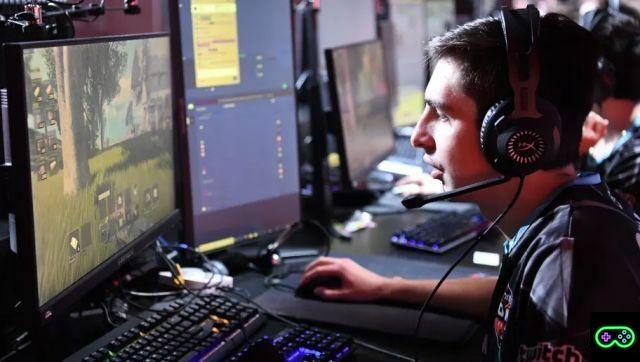
![[The Bear's Lair] God of War: Betrayal and Greek mythology](/images/posts/17432d3b12ecfec44b0b855d20c7520f-0.jpg)



